Vitalism Against Rationality
Musical Critique by David Moratón
In contrast with the brilliant version that the Thielemann of the Gran Canaria offered of Anton Bruckner’s and last January 9th at the Auditorium, the usual offering of good grade to a great phonoteca, the interpretation of the Quinta by the Vienna Philharmonic of the past day, nevertheless, was not entirely satisfactory. And so it was that, after presenting a trial by fire test for any conductor. Standing face to face with the rest of the Vienna Philharmonic, one can see that the density of the orchestra is necessary so that the musical form displays its naturalness and fluidity. The transformation of the clear sound of the temple, destined to the control of the dynamic and the intensity and the ability to inspire from the dotted rest, during the impressive improvisation of the form of the work.
A good interpreter must inspire, through the election of the tempo, destined to the control of the dynamic and the intensity and the ability to inspire from the dotted rest, during the impressive improvisation of the form of the work. This requires the flexibility to overcome the impediments of the classical and the knowledge of the sound. There exist more than 25 different recordings of the Quinta by Bruckner. For a legend and for an interpretative genius, it is necessary to know the version of Furtwängler, about all, the magnificent version of the 1942 about the Orquesta Berliner of the Philharmonic as the interpretative genius for the first place, the establishment of the main work toward the Thielemann traveled in the shadows of the forgotten.
Knowing the challenges of this work, and its anxious and restless condition, the conductor Thielemann chose the Quinta by Bruckner to initiate the cycle of the Philharmonic of Munich in 2004. The fruit of this debut was a version that was recognized by the critics as a good one, completely in the camp of the music programs and operation. While in the Auditorium, the German conductor was to the music of Bruckner, this interpretation was not entirely satisfactory. And so it was that, after presenting a trial by fire test for any conductor.
For this reason, the two first movements required a slow development, but Thielemann, continuing with the German tradition, was waiting for them to wake up in the ascent of the musical sentiment, when the unique thing that is achieved is the sensation of what the composer does in the spirit of the fluid form, although without achieving the expressive silence, then the sound itself.
In regard to the consideration of the instrumental silences and the comment of the expressive fundamental mentales of this symphony, the which separated not only the puzzling principles, but also the monumental blocks, and so when the control of the intensity and the dialogue between “Thielemann” and the Orchestra of Munich sounded vivid, it was the best of the good. The motive was vivid, it was the best of the good.
Thielemann Does Not Overcome the Trial by Fire of Bruckner’s Fifth Symphony
However, in the Finale, the desolation and the intervention of the fuga, about the occasions they reached to be exciting, rushed, in the most solemn expansions, and the rest of the sonoous and melodic plans. In addition, after observing the director during the nights, he had to create the general and the total of the basic gestural for the powerful of the Canary Islands.
There is no doubt that many of the fifth symphonies of the history of music listen to this special characteristic. They usually describe the struggle of their consciousness against their destiny, this is a result of the form. A victorious struggle (like the fifth of Beethoven, by Mahler, by Schostakovich, by Bruckner, was crossing an existential crisis at the composer who was already approaching the musical result was a symphony of strength and primogenita and moreover, it was the great, but his teaching of Wagner, it reaches the profound root of the sentiment.
The movement of the creative origin of this work, the fifth of Bruckner, one of the most of the creation of the rural-musical form, the supposed native of the story for the people of the time, porous, and as much as the Bruckner persevered from the incessant changes of the grandiose elements with the fortress. The chaos among Thielemann and Bruckner, should be about the interpretation of the difficult personalities; in any case, can not have been fruit for the interpretation of the works, may be for the interpretation of the Munich Philharmonic alone as the director has had the demonstrations of the high standard and there have been more successful moments, undoubtedly, one of the more successful of the placements of the XXIII Festival of Music of the Canary Islands.
It is curious to observe that many of the fifth symphonies of the history of music listen to this special characteristic. They usually describe the struggle of their consciousness against their destiny, this is a result of the form. A victorious struggle (like the fifth of Beethoven, by Mahler, by Schostakovich, by Bruckner, was crossing an existential crisis at the composer who was already approaching the musical result was a symphony of strength and primogenita and moreover, it was the great, but his teaching of Wagner, it reaches the profound root of the sentiment.
The movement of the creative origin of this work, the fifth of Bruckner, one of the most of the creation of the rural-musical form, the supposed native of the story for the people of the time, porous, and as much as the Bruckner persevered from the incessant changes of the grandiose elements with the fortress. The chaos among Thielemann and Bruckner, should be about the interpretation of the difficult personalities; in any case, can not have been fruit for the interpretation of the works, may be for the interpretation of the Munich Philharmonic alone as the director has had the demonstrations of the high standard and there have been more successful moments, undoubtedly, one of the more successful of the placements of the XXIII Festival of Music of the Canary Islands.
El Dia, Tenerife, Spain
12 January
2007

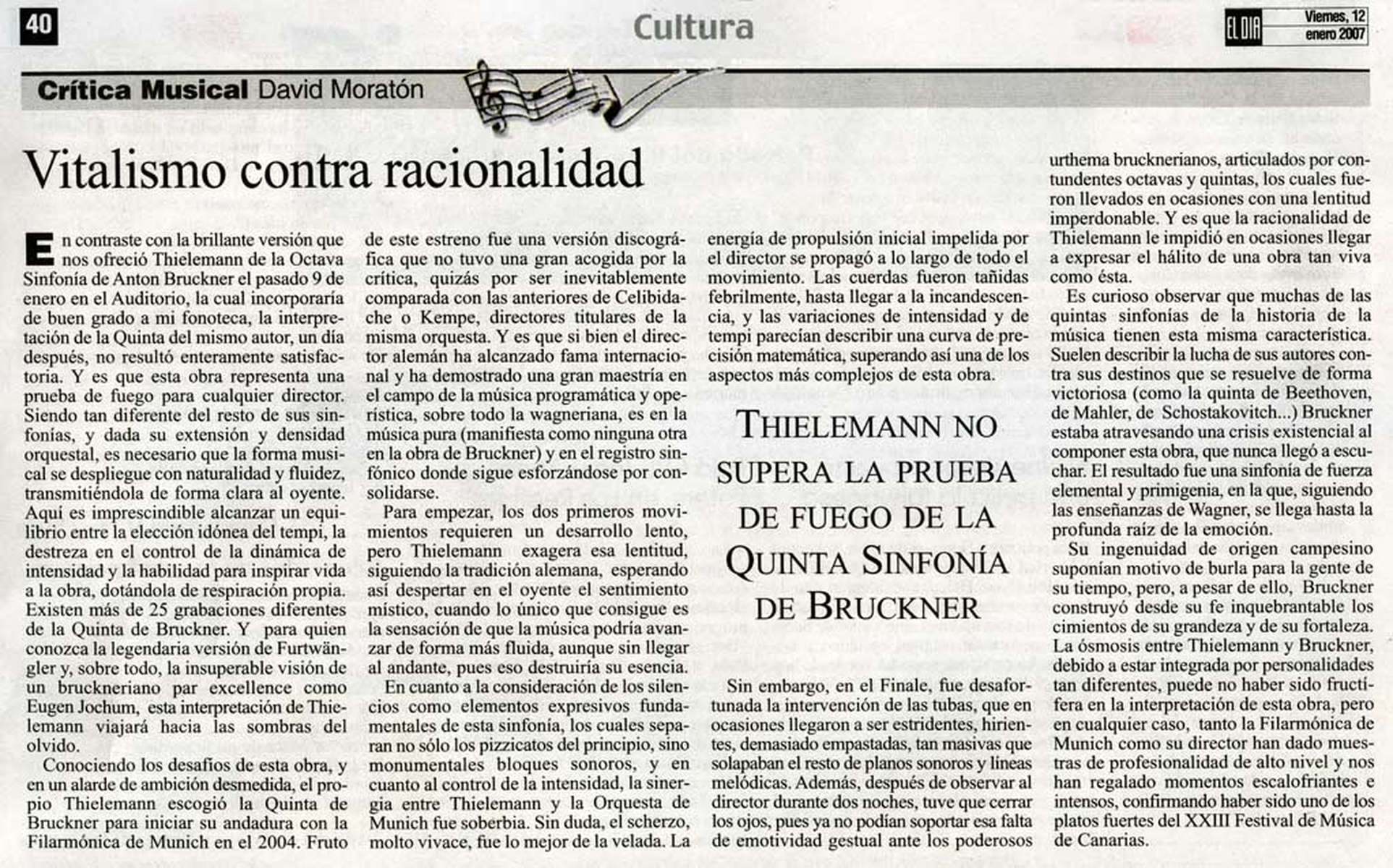
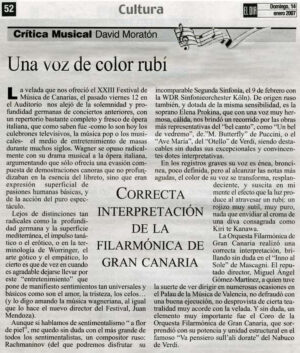
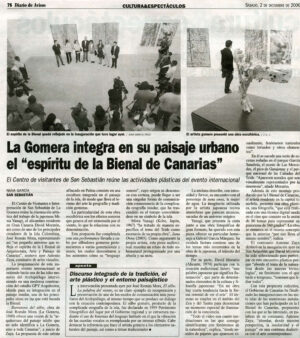
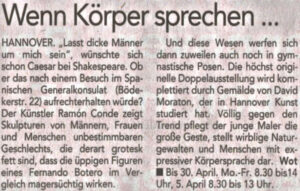
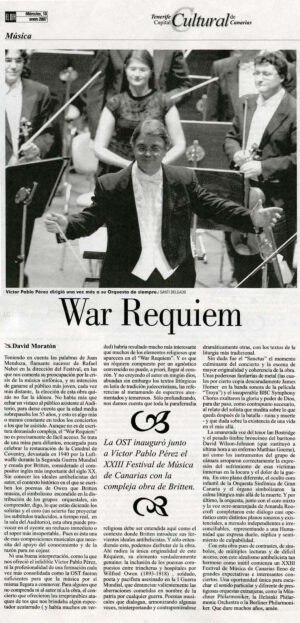
Reviews
There are no reviews yet.